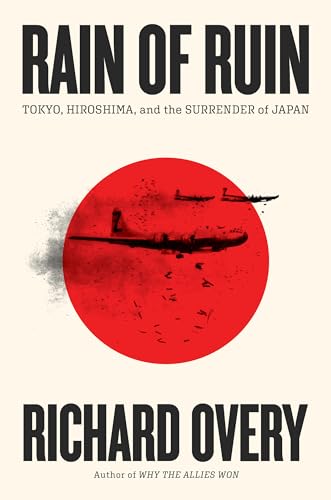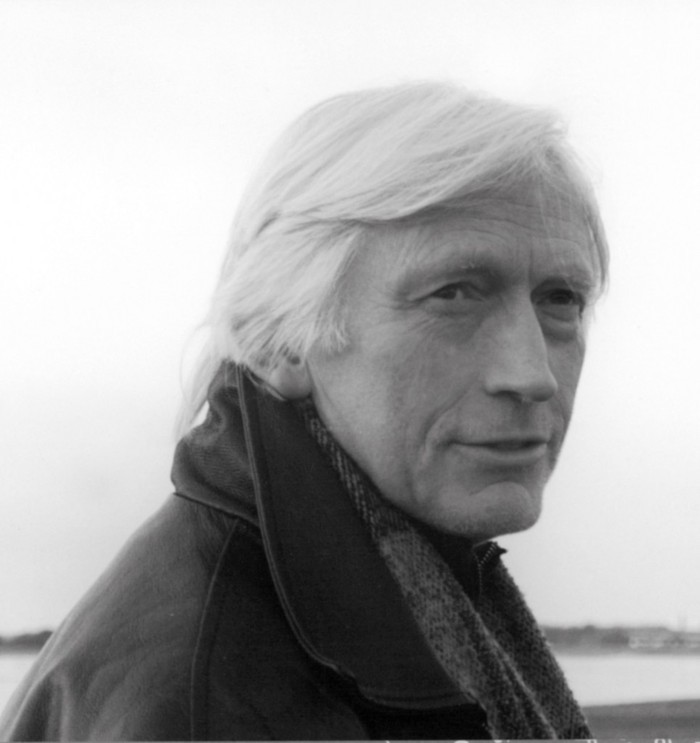
A leading military historian examines the US incendiary and atomic attacks on Japan’s cities, and their impact on the war’s end. In 1945, US air attacks in Japan killed 300,000 civilians in three hours of night bombing and two nuclear strikes. The firebombing of Tokyo in March burned almost the entire city, killed some 85,000 residents, and left more than 1 million homeless. The atomic blast in Hiroshima in August killed some 119,000 civilians and 20,000 soldiers. After a second nuclear attack days later in Nagasaki and a declaration of war by the Soviet Union, Japan accepted defeat. Drawing on his expertise in the war and its bombing campaigns, Richard Overy delivers a precise recounting of these aerial attacks, especially their impact on civilians, and a balanced assessment of how and why they occurred. Astute on Allied decision-making, Overy notably explores the factional infighting within the Japanese leadership and the decisive role played by the emperor, Hirohito. The war’s endgame required both sides to bridge a cultural divide on surrender.
Author

Richard James Overy is a British historian who has published extensively on the history of World War II and the Third Reich. Educated at Caius College, Cambridge and awarded a research fellowship at Churchill College, Professor Overy taught history at Cambridge from 1972 to 1979, as a fellow of Queens' College and from 1976 as a university assistant lecturer. In 1980 he moved to King's College London, where he became professor of modern history in 1994. He was appointed to a professorship at the University of Exeter in 2004. His work on World War II has been praised as "highly effective in the ruthless dispelling of myths" (A. J. P. Taylor), "original and important" (New York Review of Books) and "at the cutting edge" (Times Literary Supplement.)[